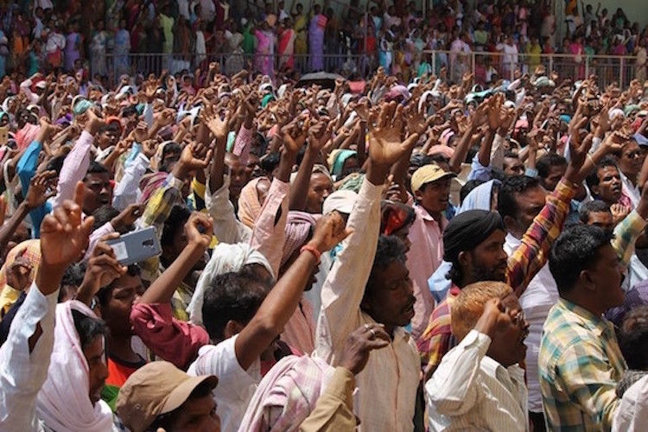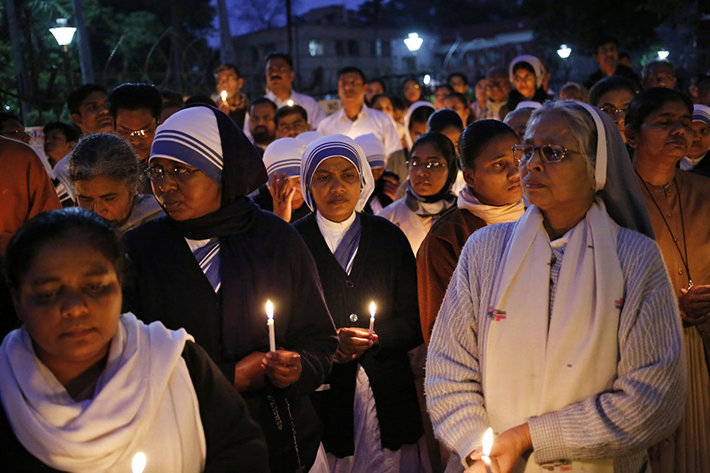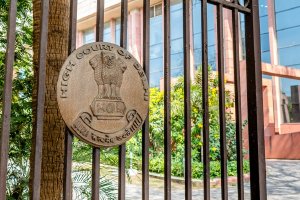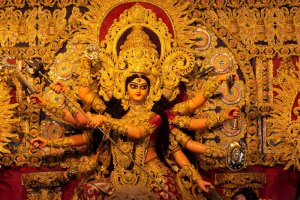Some 10,000 men and women belonging to indigenous faiths joined forces April 24 in the town of Gumla in Jharkhand to demand recognition of their traditional religions.

The purpose of the demonstration was to mount pressure on the eastern state’s government’s Bharatiya Janata Party (BJP) that considers indigenous people as Hindus, refusing to give official status to the animist Sarna religions.
“The government wants to end tribal identity and existence.”
The government is counting Sarna followers as Hindus as part of a political game, according to Father Cyprian Kullu, vicar general of Gumla Diocese, which supported the rally. He described the demonstration as “the first time in the region that indigenous people of all religions have come on a single platform and demanded their rights.”
Father Vincent Ekka, who heads the department of tribal studies at the Indian Social Institute in New Delhi, said government policies were all aimed at annihilating the identity and resources of indigenous people.
“The government wants to end tribal identity and existence, but those who run the government also know they have to face an election next year. It is their tactic to use religion and ethnicity to win votes,” the Jesuit priest said in an article published on the website of the Union of Catholic Asian News.
Christians form 4.3 percent of the state’s population, double the national average, and Christians account for more than 20 percent of Gumla district’s 1 million people.
The article also reports that under BJP rule since 2014, the country has witnessed a series of anti-Christian activities including Hindu hardliners banning Christian prayers and the entry of pastors to villages. Many Dalit and tribal leaders allege that under BJP, their communities are threatened with violence to dissuade them from becoming Christians.
From its beginnings, the Church of Scientology has recognized that freedom of religion is a fundamental human right. In a world where conflicts are often traceable to intolerance of others’ religious beliefs and practices, the Church has, for more than 50 years, made the preservation of religious liberty an overriding concern.
The Church publishes this blog to help create a better understanding of the freedom of religion and belief and provide news on religious freedom and issues affecting this freedom around the world.


